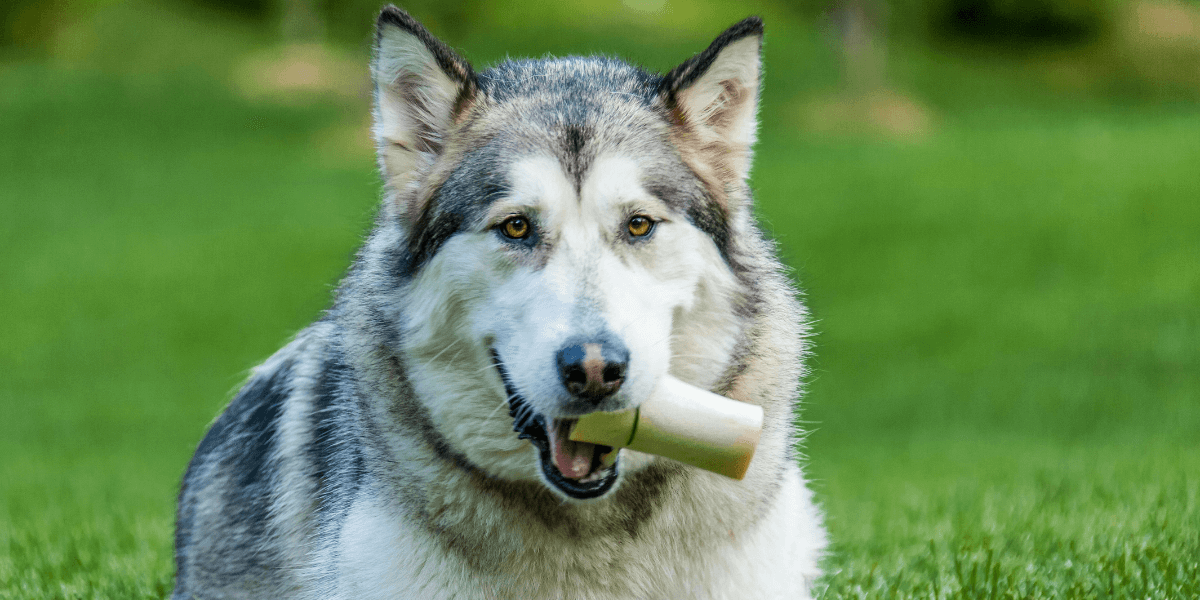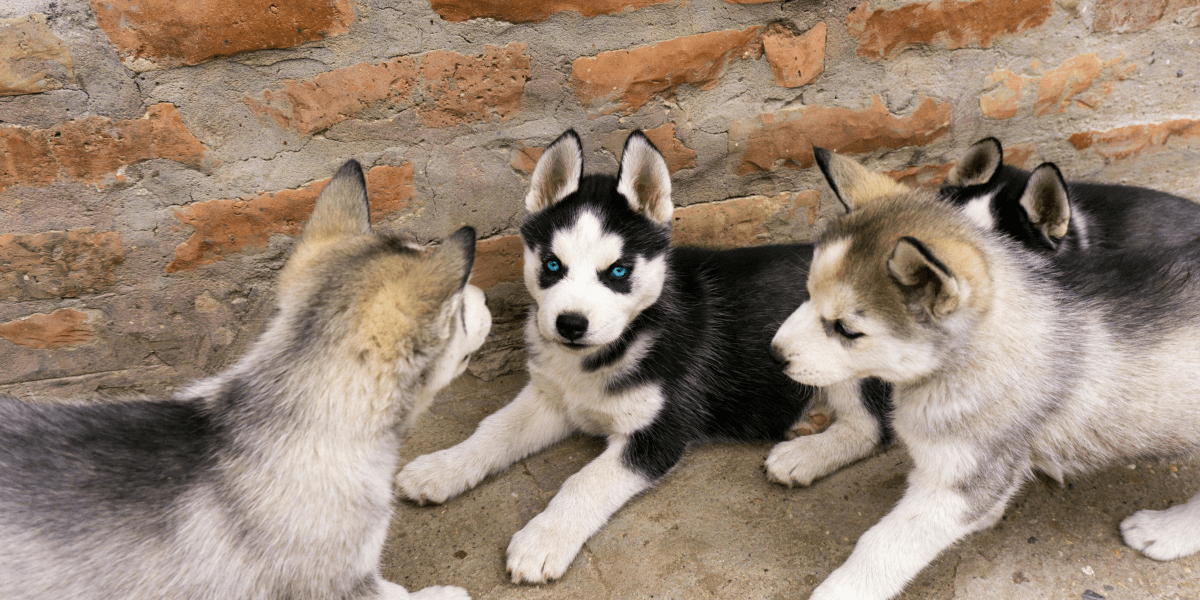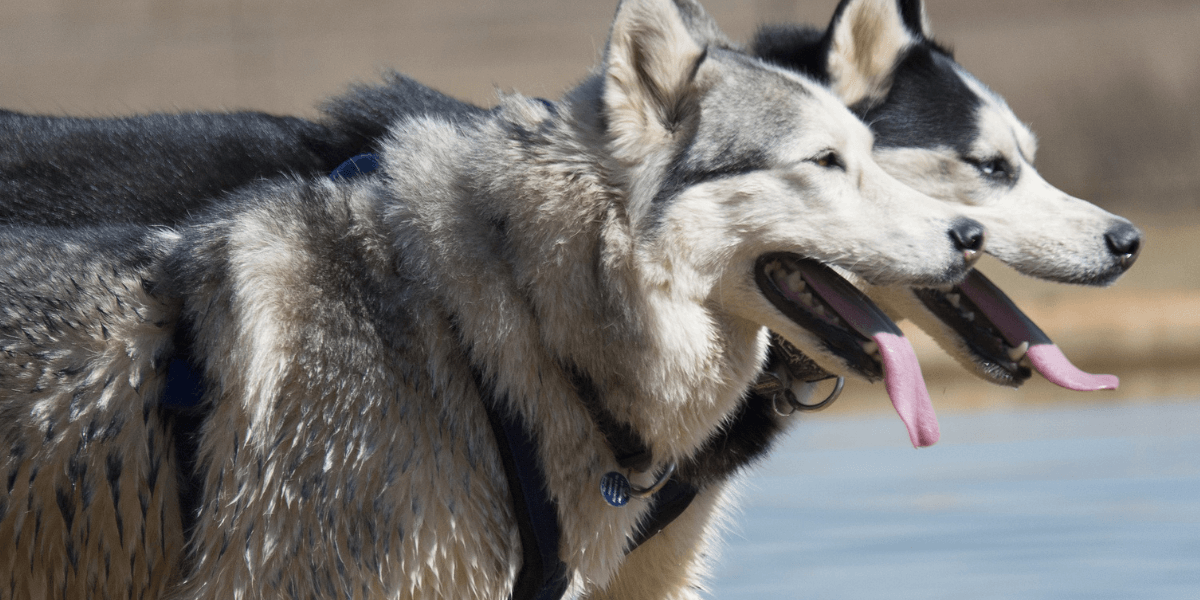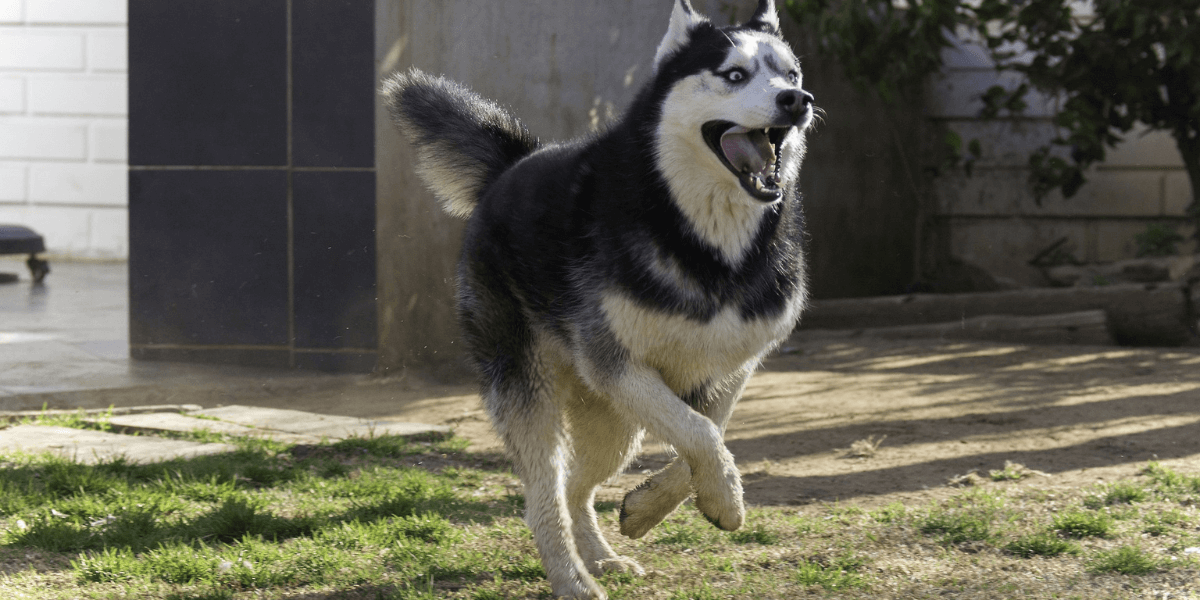Introduction
Siberian Husky is an energetic, intelligent dog with striking looks and great endurance.
- Siberian Husky has unique dietary needs due to their high energy levels and activity
- High energy demands require quality protein to support their active and muscular build
- Balance in nutrients is essential for their overall health and optimal performance
- Avoid overfeeding to prevent weight gain and associated health problems
- Their diet significantly impacts their coat quality and overall well-being
- Selecting the right food is crucial for maintaining a long, healthy, and active life
1. Balanced Diet
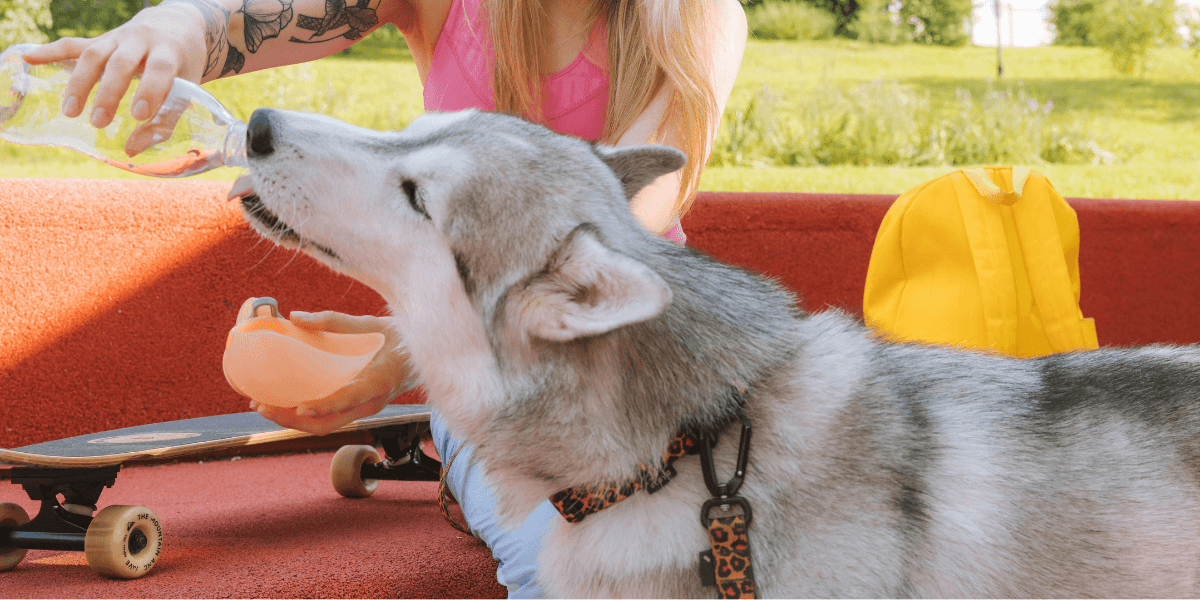
A balanced diet ensures your Siberian Husky gets all essential nutrients.
- Protein: Supports muscle development and provides essential energy for daily activities
- Fats: Provides necessary energy and help maintain healthy skin and a shiny coat
- Carbohydrates: Offers a steady source of energy to fuel your Husky’s daily activities
- Vitamins and Minerals: Essential for supporting immune function and overall health
- Water: Keeps your Husky hydrated and plays a crucial role in supporting organ function
- Fiber: Supports digestive health by promoting regular bowel movements and digestion
2. High-Quality Protein Sources
Siberian Huskies need high-quality protein to maintain muscles and provide energy.
- Chicken: A lean source of high-quality protein that is easily digestible for dogs
- Turkey: Rich in protein and low in fat, making it a healthy option for Siberian Husky
- Fish: Provides essential omega-3 fatty acids that promote skin and coat health
- Beef: High in protein; choose lean cuts to avoid excess fat and support muscle growth
- Eggs: Great protein source with essential amino acids that support overall health
- Lamb: High-quality protein, essential nutrients; a great alternative protein source
3. Healthy Fats
Healthy fats are essential for providing energy and maintaining a shiny, healthy coat.
- Fish Oil: Rich in omega-3 fatty acids, it supports healthy skin, coat, and joint function
- Chicken Fat: High in energy, it helps maintain healthy skin and provides vital calories
- Flaxseed Oil: A plant-based source of omega-3s that supports healthy coat and skin
- Coconut Oil: Provides quick energy and supports digestion, improving overall health
- Olive Oil: Supports heart health and reduces inflammation for better overall well-being
- Hemp Oil: Contains omega-3 and omega-6 fatty acids for overall health and wellness
4. Carbohydrate Sources
Carbohydrates are crucial for energy but should be selected wisely for optimal health.
- Brown Rice: Provides fiber and essential nutrients, making it easy to digest for dogs
- Sweet Potatoes: High in fiber and vitamins, gentle on the stomach, and highly nutritious
- Oats: Good for digestion, they provide a steady source of energy and support health
- Barley: Provides a slow-release energy source to help sustain your dog’s activity levels
- Peas: High in fiber and protein, peas add nutritional variety and support overall health
- Pumpkin: High in fiber, it supports digestive health and helps regulate bowel movements
Enhance your Siberain Husky's diet by exploring our comprehensive guide to the best foods and supplements for optimal health.
5. Foods to Avoid
Some foods can be harmful and should never be fed to Siberian Huskies.
- Chocolate: Contains theobromine, toxic to dogs and can cause serious health problems
- Grapes: Can lead to kidney failure in dogs, even when consumed in small amounts
- Onions: Can cause anemia by destroying red blood cells, leading to serious health issues
- Macadamia Nuts: Can cause weakness, vomiting, and tremors, posing health risks to dogs
- Cooked Bones: Can splinter and cause severe internal damage, leading to digestive issues
- Xylitol: A sugar substitute that can cause low blood sugar and liver damage
6. Feeding Schedule and Portions
Proper feeding schedule and portion control prevent overfeeding.
- Two Meals Daily: Splitting meals helps with digestion and keeps energy levels steady
- Portion Control: Measuring portions helps prevent overeating and maintain weight
- Consistent Schedule: Regular feeding times help regulate metabolism and energy levels
- Treats in Moderation: Limiting treats helps balance calories and prevent weight gain
- Adjust Based on Activity: Active dogs may need more food to meet their energy needs
- Meal Timing: Feed your Husky before or after exercise to optimize energy and performance
Establish a proper feeding schedule for your Siberain Husky by following our top 10 tips for raising a healthy companion.
7. Special Dietary Needs
Certain health conditions may need specific dietary adjustments for optimal health.
- Allergies: Hypoallergenic food helps avoid triggers and manage allergy symptoms
- Sensitive Stomach: Opt for easily digestible food to prevent digestive upset
- Joint Health: Choose food with added glucosamine and chondroitin for joint support
- Puppies: Higher protein and fat content is essential for proper growth and development
- Seniors: Lower calories and added supplements help support aging joints and health
- Weight Management: Use special diets to maintain a healthy weight and prevent obesity
Address your Siberian Husky's special dietary needs by learning about common health issues and their prevention.
FAQs
1. What is the best protein source for Huskies?
- Chicken is lean, easily digestible, and offers essential amino acids for health
2. How often should I feed my Husky?
- Twice daily helps manage digestion, and energy levels, and prevents overheating
3. Can I feed my Husky raw food?
- Yes, but ensure it’s well-balanced and safe to avoid nutritional imbalances
4. Are grains good for Huskies?
- Yes, grains are fine if your Husky does not have any sensitivities or allergies
5. What treats are safe for Huskies?
- Natural treats like carrots and apple slices are healthy and safe choices
6. Should I give my Husky supplements?
- Yes, especially if recommended by your vet to address specific health concerns
7. How do I know if my Husky has food allergies?
- Look for symptoms like itching, digestive issues, or recurring ear infections
Conclusion
- Providing the right diet is essential for maintaining a healthy Siberian Husky
- Focus on high-quality proteins and balanced nutrients for overall health
- Avoid harmful foods and monitor portion sizes to prevent weight gain
- Consider any special dietary needs as your Husky ages for better health
- Consistent feeding schedules support your Husky’s long-term well-being
- Start adjusting your Husky’s diet today to ensure a healthier and happier future
Optimize your Husky’s diet today with these top nutrition tips and food choices!
References
For more info on The Best Diet for Siberian Husky, check out these helpful resources:

